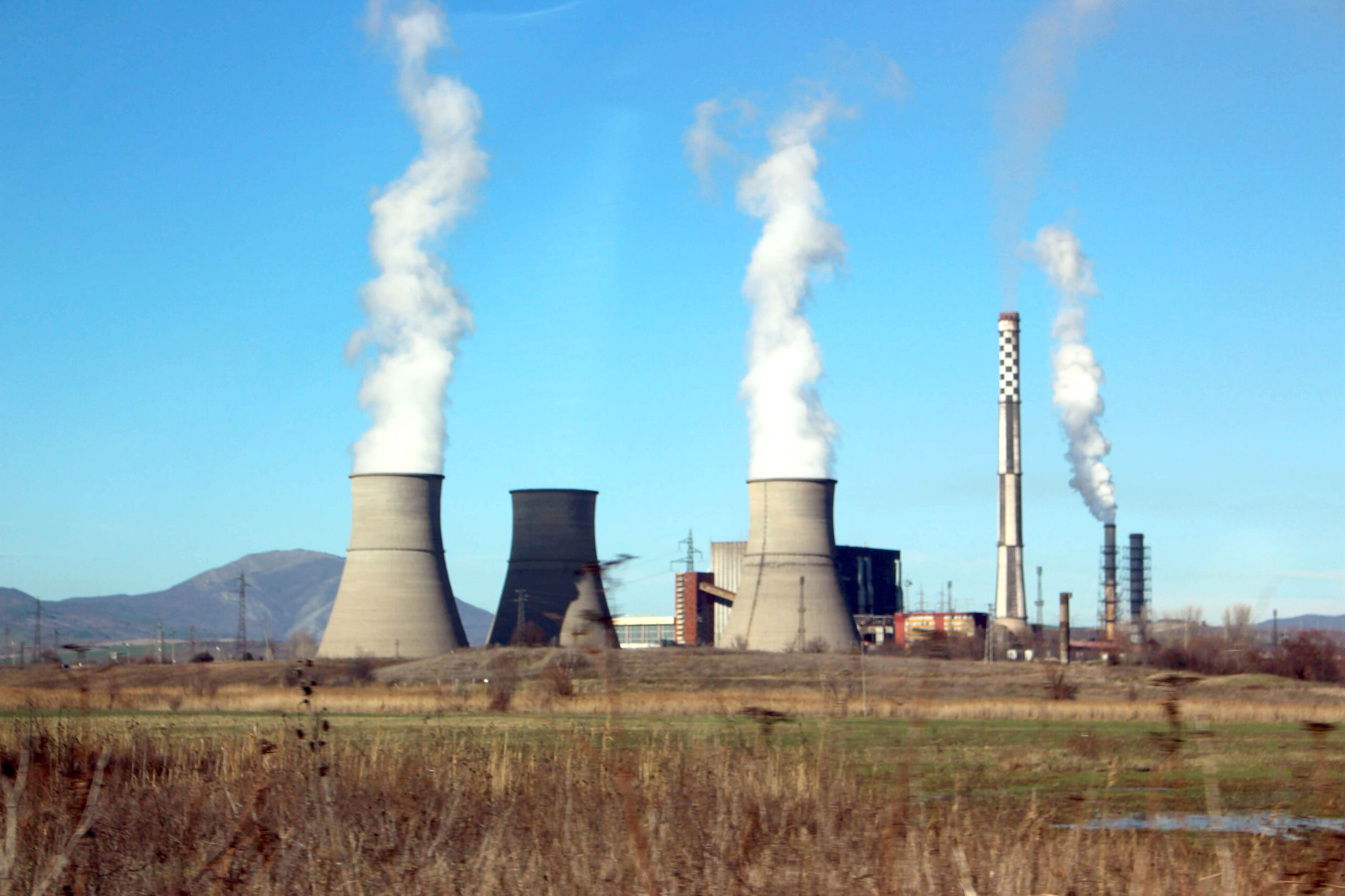Mainstreaming Climate Change: Tools for a Green Future
Climate change is one of the greatest challenges facing humanity. It poses a risk to the development and achievement of sustainable development goals and affects livelihoods, health, and economic development. To address this challenge effectively, mainstreaming climate change has become a necessity. Mainstreaming climate change refers to the integration of climate considerations, climate adaptation, and climate mitigation strategies into various policies, programs, and projects across multiple sectors of society[1]. This integration ensures that climate change is not treated as a standalone or niche issue but becomes a fundamental and pervasive consideration in all decision-making processes and actions.
At Helvetas, we place the green transition at the forefront of our strategic priorities. This commitment reflects our aspiration to mainstream and integrate sustainability across every aspect of our organization, extending to both our existing portfolios and upcoming projects. We approach this dedication with a comprehensive approach, including capacity building, investments in people, enhanced collaboration practices, knowledge sharing, and systemic change.

Policy Change as an Entry Point with Multiplying Effects on Climate Change
Finding the entry points and making the case is the critical first step in setting the stage for mainstreaming climate change. It involves identifying policy changes that have multiplying effects on climate action and creating a foundation for integrated climate considerations across various sectors and decision-making processes.
Policy Level Entry Points
The Risi Albania project is a private sector development project with the goal of creating new attractive jobs for young people. Operating in the sectors of Agri-business, Tourism, and ICT, two of these are largely affected by climate change and hold the potential to mitigate its effects on climate change and the environment. The project, working with lead firms, began addressing potential adverse environmental effects at policy levels. The project introduced and adopted international quality standards as enabling factors to achieve market access and mitigate negative effects on the environment and, potentially, on climate change. This shifted the project focus beyond working on a few lead firms at the policy level as the project included public and private actors and raised the issues of adopting quality standards at the policy level and at the mezzo level. Through these efforts, the project transitioned from being climate blind to climate-sensitive, gaining awareness of the standards and advocating for them at the policy level.
Vocational Education Training Entry Point
In accordance with Article 6[2] of the “United Nations Framework Convention on Climate Change,” the development and implementation of education and training programmes regarding climate change are vital for mainstream climate change. The Risi Albania, which focuses on skills development and supports training programs to meet market demand in sectors of ICT, Tourism, and Agri-business, places a strong emphasis on the green transition. In this regard, the project has foreseen supporting training providers to adopt the training programs and to introduce training programs on green skills.
Environmental Assessment Criteria Entry Point
Demos, a project focused on performance grants for municipalities, primarily involving capital investment projects in municipalities, acknowledges that all of these projects have an environmental impact. Taking a systemic approach, Demos allows municipalities to independently prioritize, design, and manage everything according to their own rules and procedures. While not interfering with these aspects, Demos actively monitors and measures municipal performance to ensure compliance with environmental and climate change issues. Furthermore, Demos incorporates environmental factors into social audits. For project selection, one of the criteria is the possible impact the project is going to have on the environment and climate change.
Walk the Talk: Transform Your Organization in a Green One
Green transition is a transversal topic at Helvetas, applied at organizational and project levels. In our pursuit of sustainable change, we have developed the “Navigation tool for cross-cutting themes and approaches.” (link tool) This innovative tool reflects Helvetas’ commitment to transforming into a green organization. The tool provides a structured framework for evaluating the integration of cross-cutting and sensitive themes into intervention programs. Projects are classified into five distinct levels, ranging from ‘negative,’ where the project does not consider and has a negative effect on national/regional policy, legal and regulatory framework for climate action, to ‘transformative,’ where the project is fully geared towards policy change by advocating for inclusive, just, and ambitious climate laws and policies and/or their proper and timely implementation.
By utilizing this tool, both Helvetas and its project assess their alignment with climate policies and explore opportunities for improvement. This project includes identifying where a project stands on the continuum and formulating strategies for enhancing its climate responsiveness.
Start from Yourself – Showcase the Green
Helvetas Kosovo has taken significant steps in promoting environmental responsibility. The establishment of a green team underscores the commitment to sustainable practices. Initiatives such as transitioning to digital filing/archiving, reducing plastic usage, and promoting recyclable products within the office premises are all steps in the right direction. Additionally, the team is actively considering an energy efficiency audit to minimize the office’s carbon footprint. Plans to provide training to staff members on environmental and climate change matters further signify the commitment to sustainable practices. Helvetas Kosovo also strives to expand its portfolio in climate change and the environment.
[1] https://climatepolicyinfohub.eu/mainstreaming-climate-change-adaptation-eu.html
[2]https://unfccc.int/resource/ccsites/zimbab/conven/text/art06.htm#:~:text=ARTICLE%206,EDUCATION%2C%20TRAINING%20AND%20PUBLIC%20AWARENESS&text=The%20development%20and%20implementation%20of%20education%20and%20training%20programmes%2C%20including,in%20particular%20for%20developing%20countries.


